A change to business rates relief for empty properties in Dundee has been approved.
Dundee City Council approved a new policy on Monday which will end business rates discounts for buildings which have been empty for more than six months.
More than 500 non-domestic properties will be affected by the move, which will bring in an additional £1.5 million in business rates.
It is hoped removing a discount for long-term empty properties will encourage owners to find new tenants.
At a city governance committee meeting on Monday, council leader John Alexander said: “I think it’s really important we use every power at our disposal to try and maximise use of any properties in this city.
“I’m sure we’ll see an increase in uptake on applications when people receive that notification through the letter box.”
What is changing?
A the moment owners of non-domestic buildings receive a 50% discount on business rates for the first three months it is empty.
The discount then drops to 10% for an unlimited amount of time.
This policy was set up by the Scottish Government but has now been devolved to councils.
Owners of empty properties will now pay no business rates for the first six months a building is empty but afterwards will return to full price.
Empty properties have plagued the city in recent years, especially in the city centre, as highlighted by The Courier’s high street tracker.
Councillors stressed owners of non-domestic vacant properties won’t be left high and dry when the move is put into action next April.
Jacqui Kopel, the council’s head of customer services, said that: “We intend to write to business owners affected as soon as possible, giving them six months’ notice.
“We also intend to contact Business Gateway to make sure that the information gets out around the change of policy so any business owners whose properties do become empty they will be aware of that forthcoming charge.”
Almost 200 empty businesses in Dundee city centre
In the DD1 area, which takes in Dundee city centre, there are 299 empty businesses.
Across the whole city there are more than 500, 90 of which are owned by the council.
However Mr Alexander stressed there are other proposals in the works looking at how to maximise the use of unused council buildings.
He said: “There are other pieces of work that are underway try and maximise the ability for the council to utilise powers that perhaps it doesn’t have at present to support making the city as vibrant or as attractive as it possibly can.”
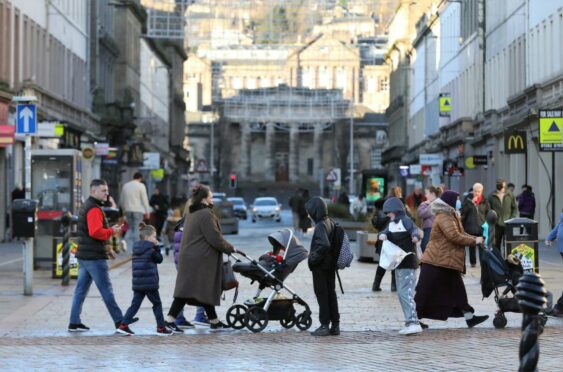



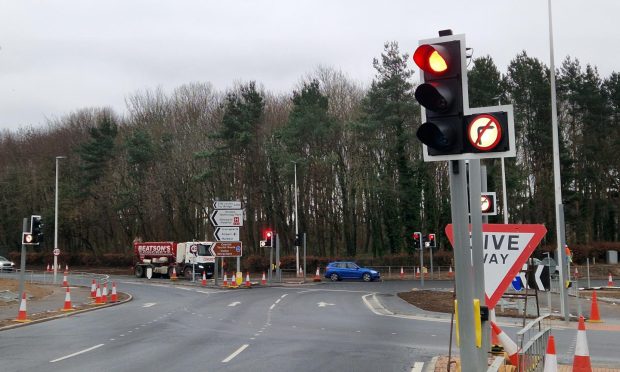


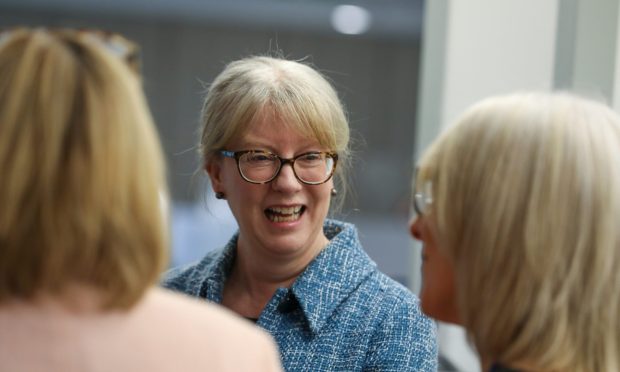

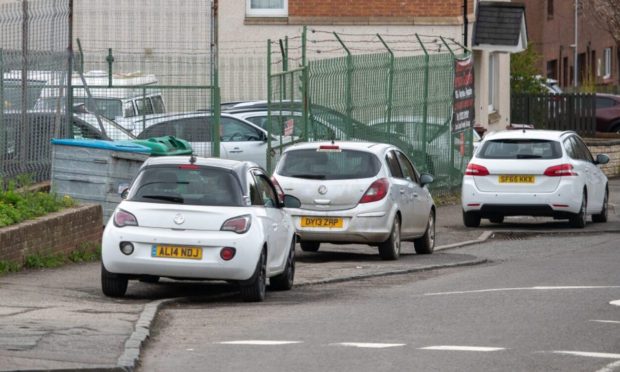


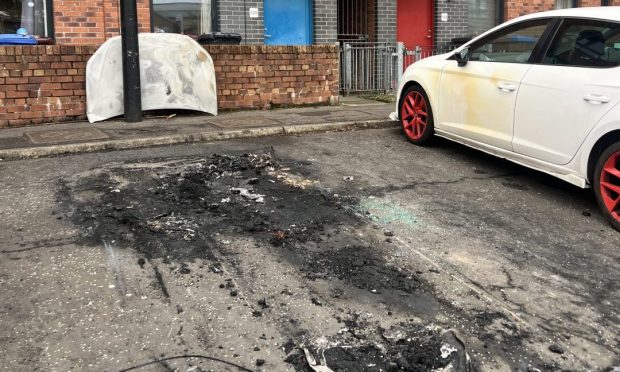
Conversation